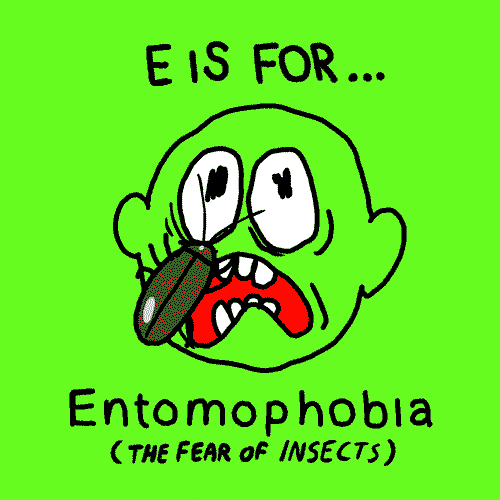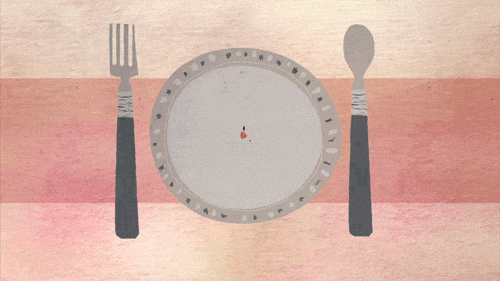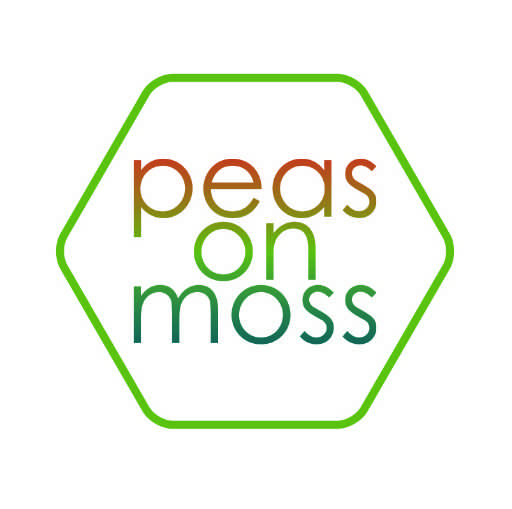How safe is insect-based?
Last week I talked about all about insect food. About how they are coming back to the mainstream, different cultural practices and the need to remove fear to improve its acceptance.
For the sake of an argument, let us talk about why many people (including me), experience entomophobia:
- Fear of contamination – “What if the insect is carrying diseases?”
- Fear of being bitten – the last time I saw an insect and jumped was literally yesterday
- Fear of infestation – Some people worry about their homes or bodies (better term, that calms the scientist in me would be ‘Infection’)
- Nope, don’t argue with the above, phobias, by definition, are supposed to be irrational.

But do these fears warrant any concern? Are these ‘safe’? After
Well there are some concerns.
Allow the inner nerd in me that loves organization, to break this down into some neat categories for you.
Allergenicity
Before it scares you, any food can be potentially allergenic. That being said, some insect species can possibly cause allergenicity in consumers. Anaphylactic shocks from consuming edible insects such as the sun-dried mopane caterpillars, silkworm pupa, carmine, have been recorded. While the majority of people eating edible insects have a very low risk of allergic reaction, sensitivity can be induced by repeated exposure to allergens, and care should be taken.
Microbial Risks
There is a tonne of data out there on the microbiology of insects, particularly when looking at them as pesky little daddy longlegs that affects crop production. European Food Safety Authority (EFSA) states that the occurrence of microbiological hazards in insects is comparable to non-processed sources of protein of animal origin. Feed for insects must be critically assessed to control the presence of biological/ chemical risks.
Furthermore, depending on whether the substrate includes protein of human/ ruminant origin, there could also be a risk of prions (
Campylobacter, an important foodborne pathogen can be easily isolated from arthropods in contact with poultry flocks. Spore-forming bacteria can survive the traditional food processing methods.
Research on storage and processing of insects needs to be looked into and standardized by the regulatory bodies. This serves two purposes, firstly it makes food safer, reducing hazards. M
Parasitological Risks
Presence of parasites such as intestinal flukes in Southeast Asia and parasites belonging to Lecithodendriid and Plagiorchid families have been reported in human autopsies. But a properly established closed farm environment with monitored, safe feed may prevent this, so continue reading and calm those nerves!
Chemical Risks
Chemical risks can arise from
- Pesticides – if the insect is not sourced from a closed off, GAP following farm
- Heavy metals– lead, cadmium and mercury have been reported in grasshoppers
- Metabolic steroids found in beetles may cause growth retardation, hypofertility, and other issues
- Cyanogenic substances can be found in Coleoptera and Lepidoptera, leading to toxicity of the brain, kidneys and liver.
Chemical risks in insects depend on insect species, habitat, environment, and farming conditions. The best part is that we can control most of these factors and make them safe.
So, to swat or not?
Hold on.
We need to work out what the feed for these little bugs look like. Going back to and learning how they were safely processed and consumed traditionally would also help. And, more importantly, (reiterating Yen), break this Modern-Western Stigma against
Sooooo… While you’re here and probably thinking to yourself, hmm, she is creepy, but she has a point. I thank you for bearing with all my bugging and punny statements (I am proud, should I not be? :O ). I highly encourage you to find some interesting recipes below, dare you to try them.
Savour these
https://www.telegraph.co.uk/foodanddrink/foodanddrinknews/10401191/Top-11-bug-recipes.html
Would I try them? Ummm. By the end of writing this, I feel a little less jumpy and creeped out about thinking of this concept with abhorrence and accepting it as a way of life. And since Kimberly did allow me bi-weekly posts, I will definitely update you if I do try any.

Warm Regards
Roo

Recent Comments